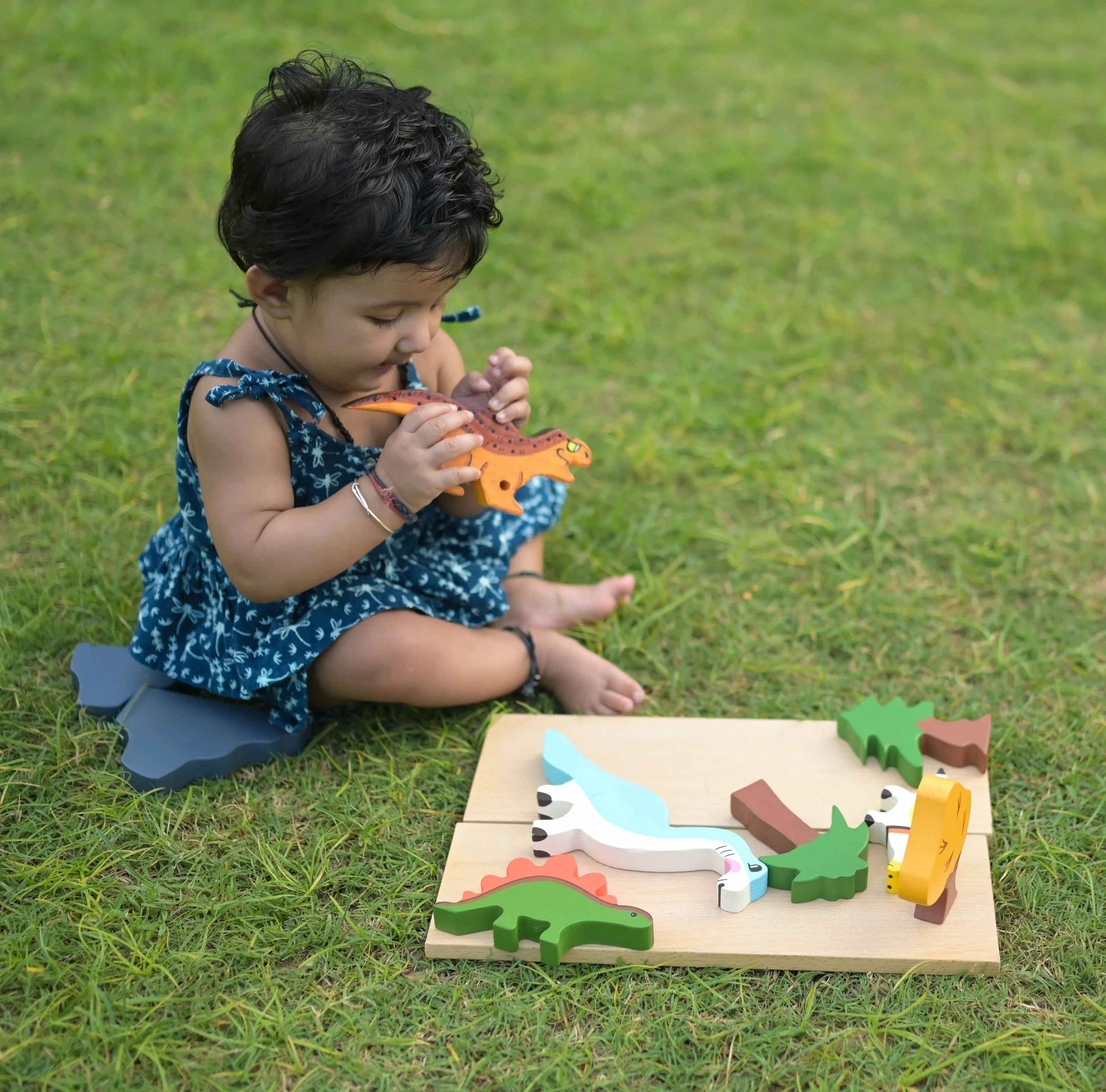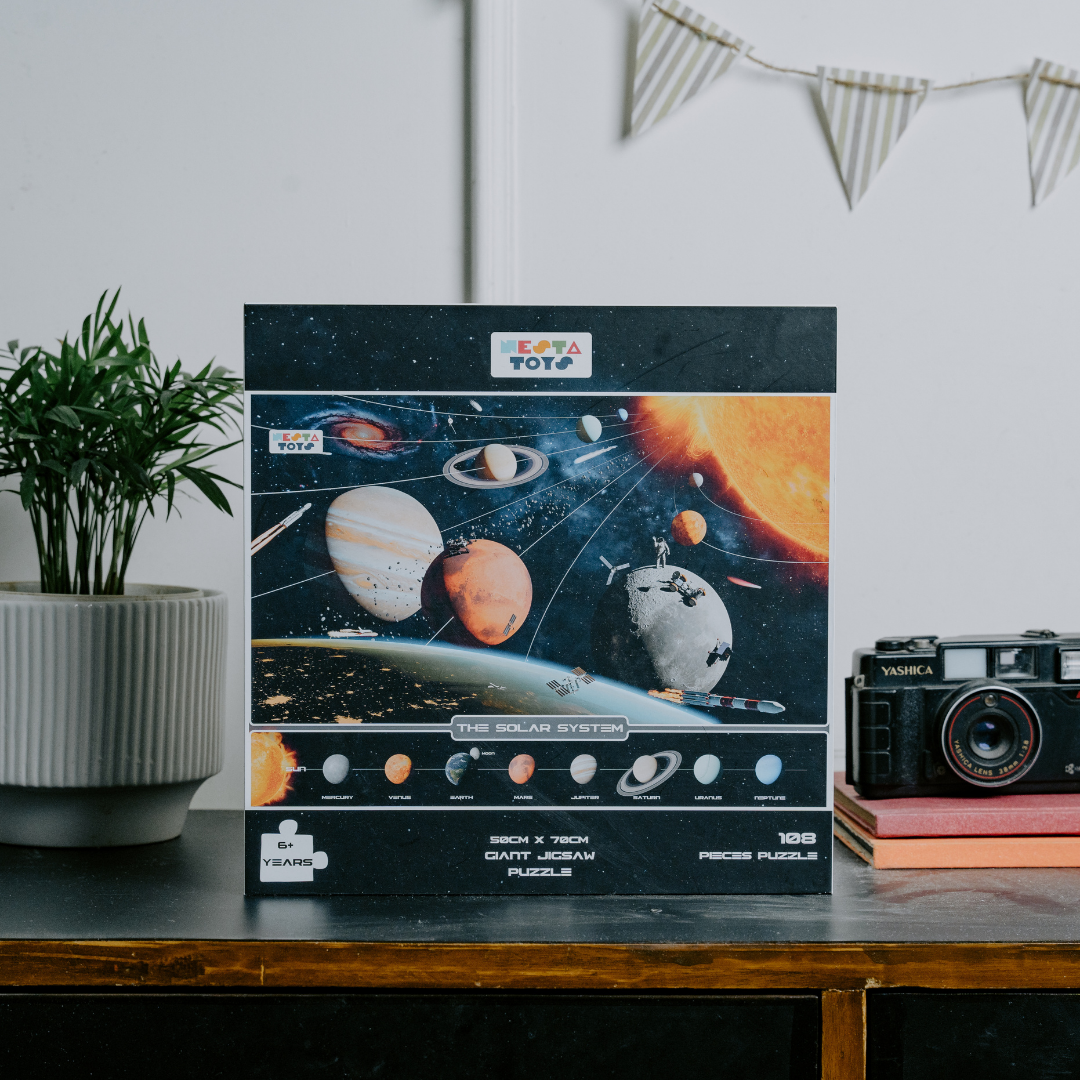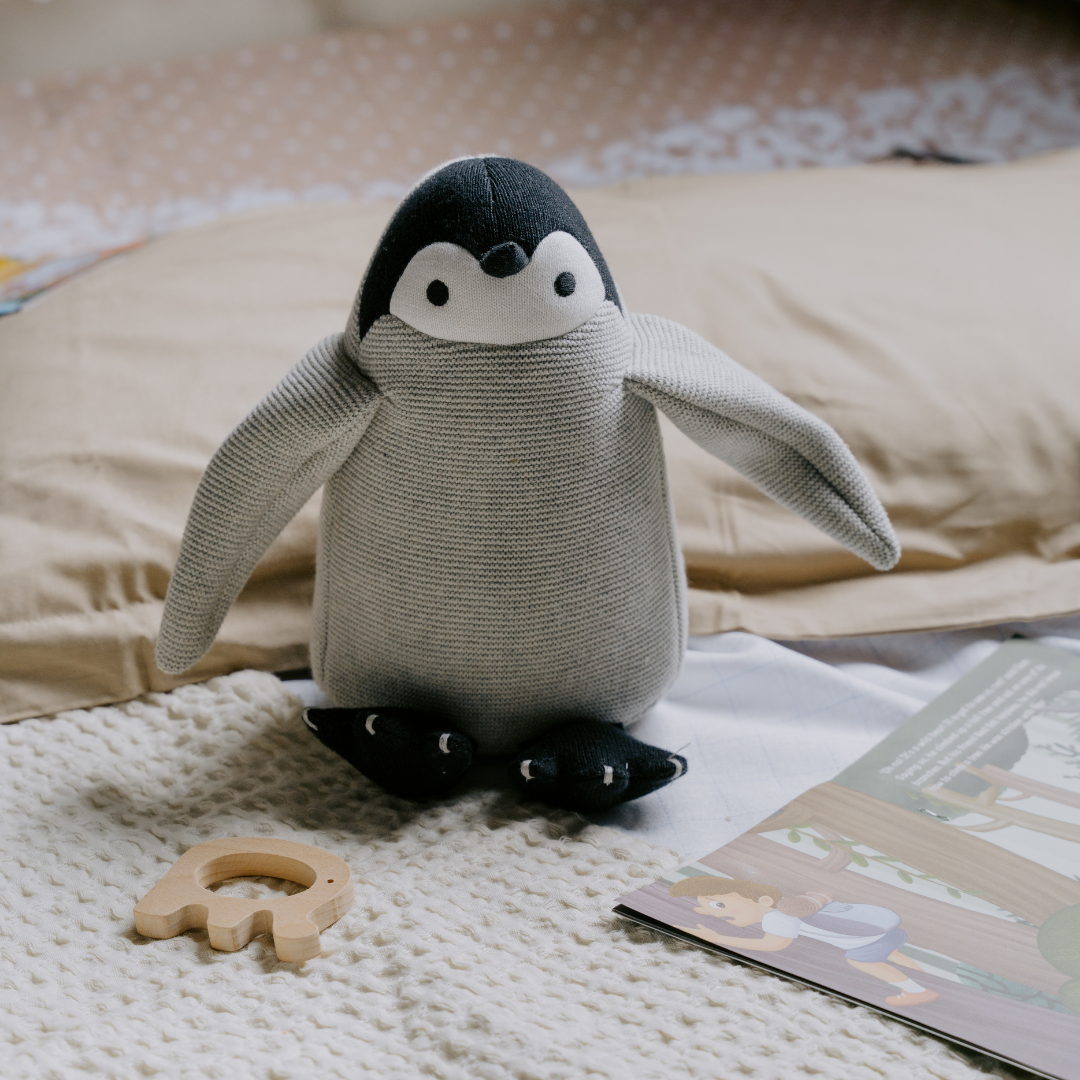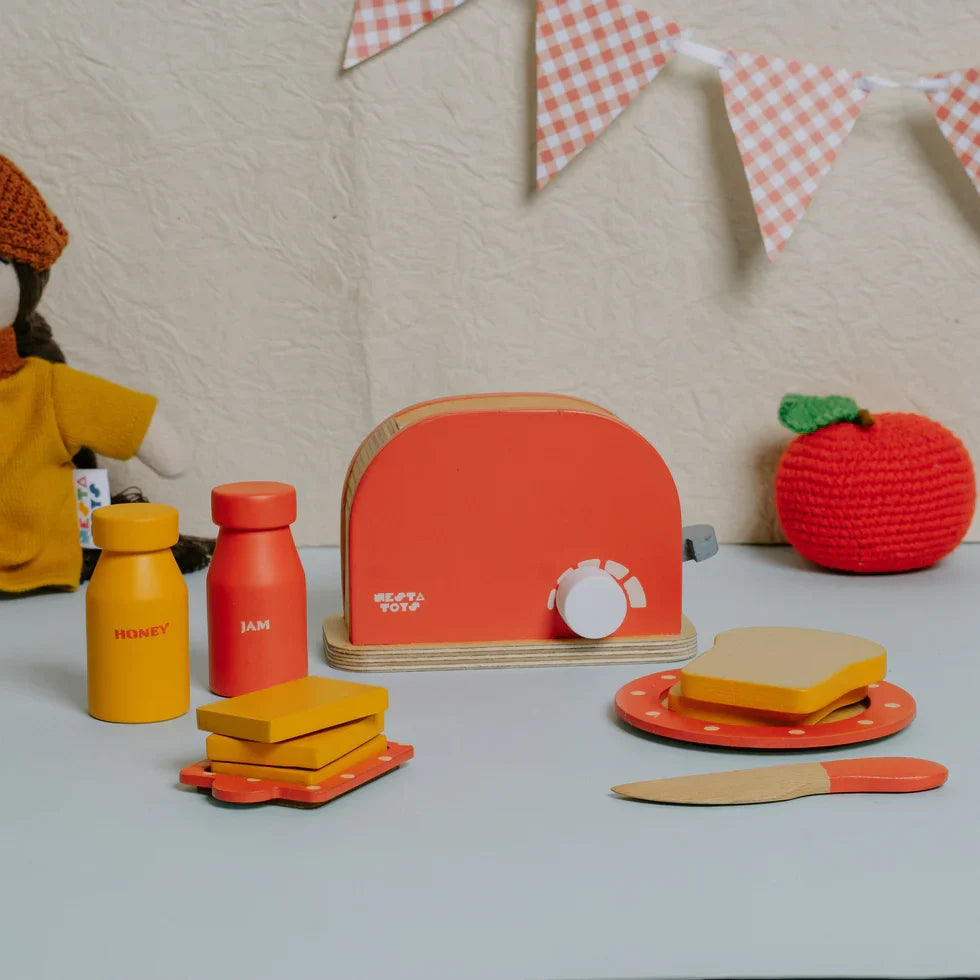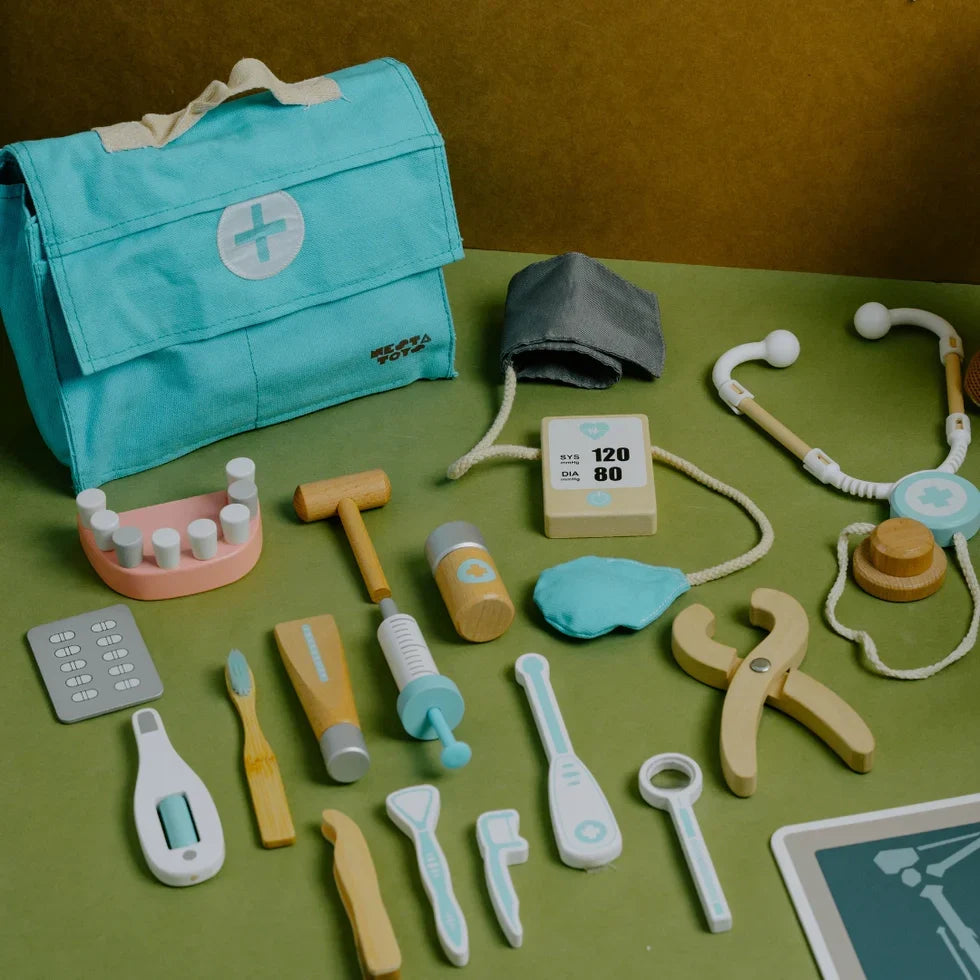The first two years of a child's life are crucial for brain development. During this stage, the brain builds trillions of connections, shaping the foundation for future learning, behavior, and social skills. As a parent, you play a key role in supporting this growth through engaging and playful interactions.
This guide highlights the importance of play, providing practical tips for engaging with your baby at different stages (0-6 months, 6-12 months, 12-18 months, and 18-24 months). It also includes age-appropriate activities designed to support growth in various developmental areas.
The Power of Play:
Play is not merely entertainment for babies; it's their primary way of learning and exploring the world. Through playful interactions, babies:
- Develop cognitive skills: Enhances problem-solving skills, strengthens memory, and builds an understanding of cause and effect.
- Strengthen motor skills: Refining gross and fine motor skills through movement and manipulation of objects.
- Enhance social and emotional development: Develops social skills, encourages communication, and fosters relationship-building.
- Boost language skills: Encouraging babbling, vocalizations, and eventually, the development of speech.
You don’t need fancy toys or expensive equipment to play with your baby. Your love, attention, and willingness to engage are the most valuable tools for their development.
Engaging Your Baby at Different Stages:
0-6 Months:
-
Focus on building a strong bond:
- Maintain frequent eye contact, smile warmly, speak in a soothing voice, and sing songs to engage and comfort your baby.
- Respond promptly to your baby's cries and coos.
- Offer gentle massages and skin-to-skin contact.
-
Stimulate the senses:
- Present your baby with high-contrast objects, such as black-and-white mobiles or textured fabrics, to stimulate their visual and sensory development.
- Play with rattles, bells, and crinkly toys to introduce different sounds.
- Activities:
- Tummy time: Give your baby tummy time in short sessions throughout the day to help strengthen their neck and back muscles.
- Peek-a-boo: This timeless game always brings joy to babies while teaching them about object permanence—the understanding that things still exist even when out of sight.
- Sing lullabies and nursery rhymes: The repetition and rhythm promote language development and create a calming effect.
6-12 Months:
-
Encourage exploration:
- Provide safe and age-appropriate toys for your baby to grasp, shake, and explore.
- Offer opportunities to crawl and explore different textures and surfaces.
-
Engage in interactive play:
- Engage your baby with simple games like pat-a-cake to introduce basic cause-and-effect concepts while encouraging interaction and motor skills development.
- Read colorful picture books with simple stories, pointing to pictures and naming objects to engage your baby and support their language development.
- Activities:
-
- Stacking cups: This activity enhances hand-eye coordination and problem-solving skills as your baby learns to stack and unstack the cups.
- Playing with balls: Rolling, bouncing, and throwing balls encourages movement and gross motor development.
- Building block towers: Introduce simple block play to encourage hand-eye coordination and spatial reasoning.
12-18 Months:
-
Support language development:
- Keep a constant conversation with your baby by narrating your daily activities and describing the objects they see and touch, helping to build their language and cognitive skills.
- Read books together regularly and encourage them to point at pictures and identify objects.
-
Promote imaginative play:
- Offer open-ended toys like blocks, dolls, and toy cars to encourage creative exploration and imaginative storytelling.
- Engage in pretend play by acting out scenarios and encouraging your baby to use their imagination.
- Activities:
- Sorting toys: Give your baby containers of various sizes and encourage them to sort objects by size or color, helping to develop early problem-solving and categorization skills.
- Shape sorters: These toys help with shape recognition and hand-eye coordination as they learn to fit the correct shapes into the corresponding slots.
- Arts and crafts: Encourage creativity and fine motor skills by introducing finger painting, scribbling with crayons, or playing with playdough.
18-24 Months:
-
Focus on fostering independence:
- Give your child the freedom to explore their surroundings safely and encourage them to solve problems on their own, fostering independence and confidence.
- Encourage them to try new things and build confidence.
-
Develop social skills:
- Encourage your child to interact with other children by joining playgroups or participating in supervised social activities, helping them develop important social skills.
- Model positive social interactions and teach them basic social skills like sharing and taking turns.
- Activities:
- Puzzles: Introduce simple puzzles with large pieces to help with problem-solving and shape recognition.
- Playgrounds: Take your child


